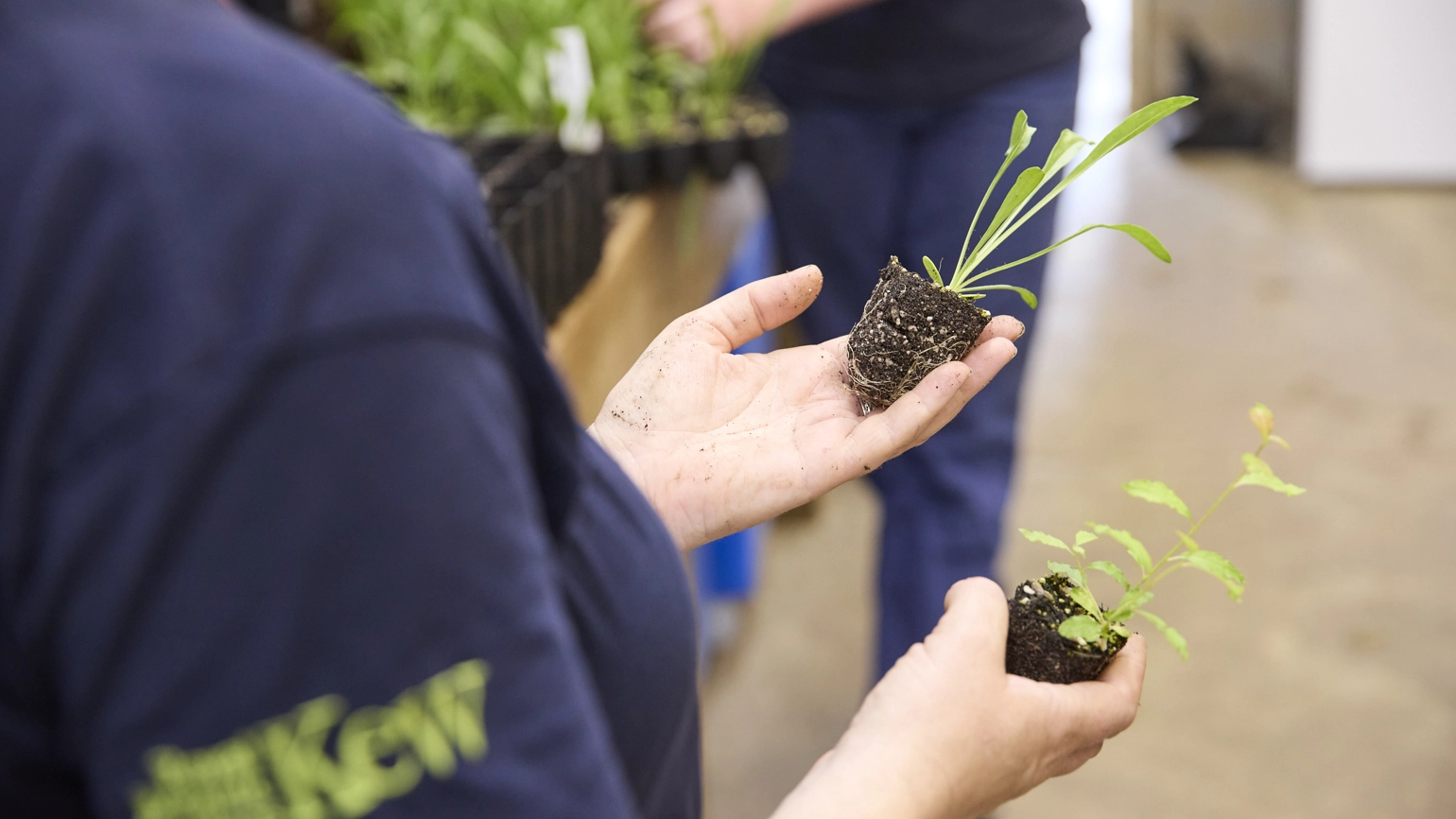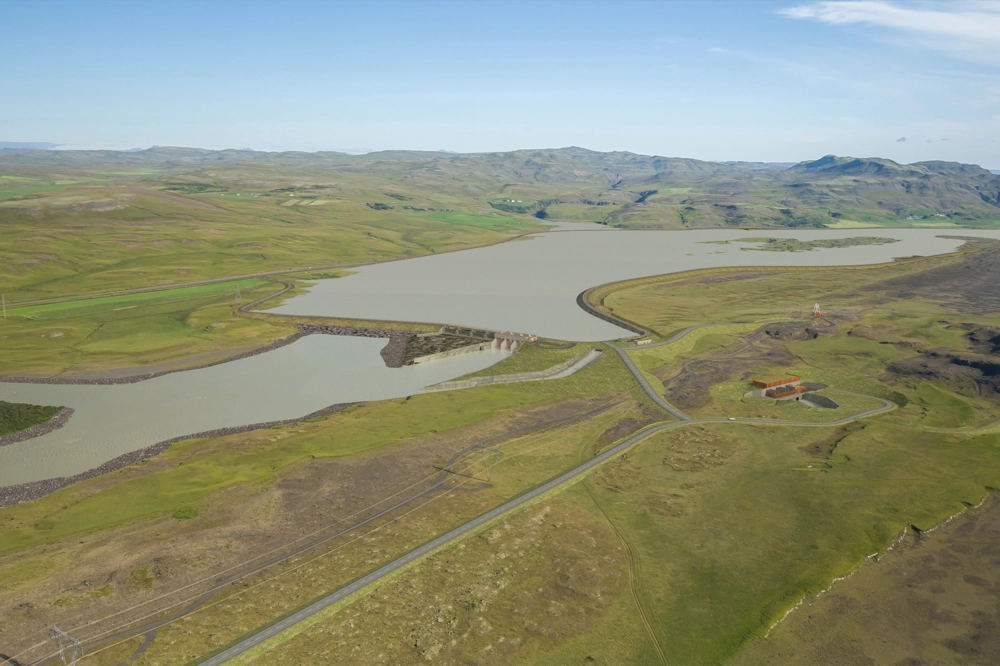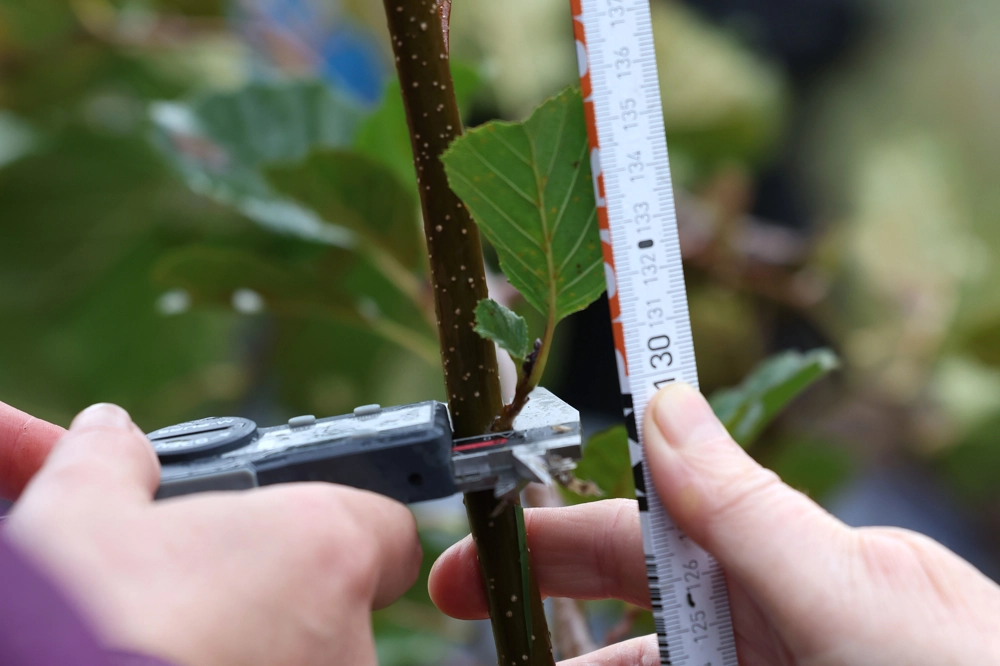Community impact
As a leading financial services group, L&G can positively impact society. We are dedicated to uplifting communities, through engagement with local partnerships and social projects on an individual and organisational level. We also encourage our people to give back by volunteering and fundraising for charitable causes.
- ...







